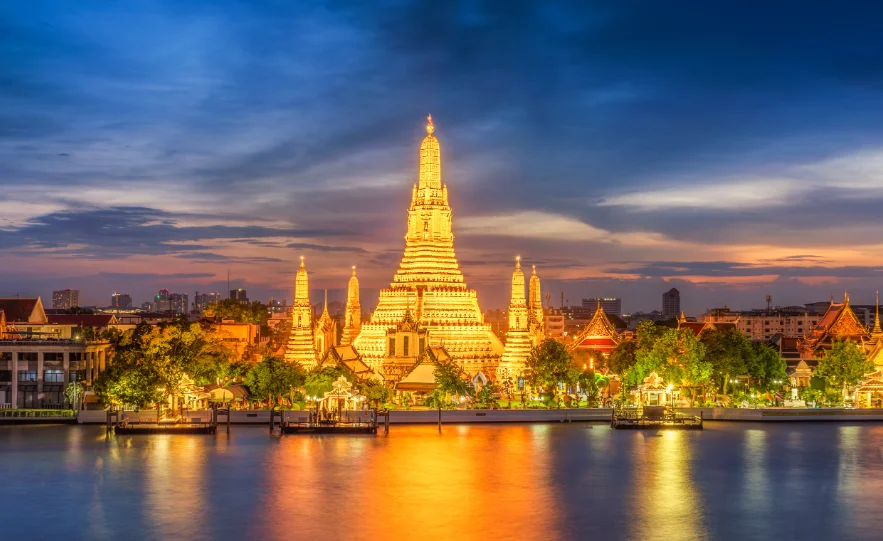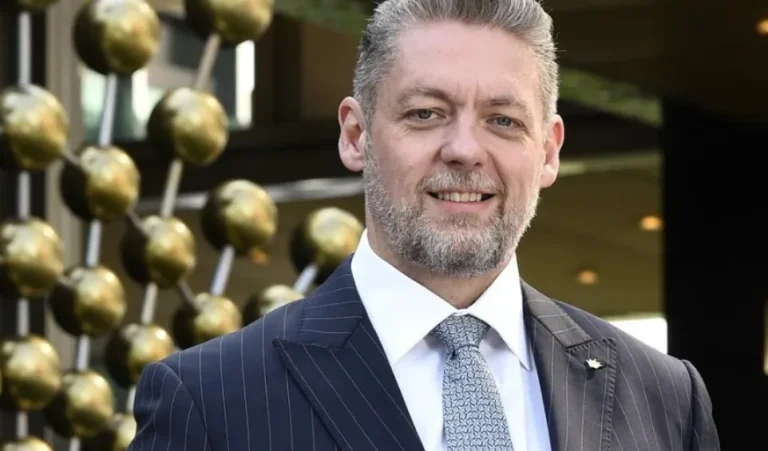Is this the end of Thailand casino try?
Political turbulence in Thailand could spell the end for a controversial casino bill, which has now been removed from the upcoming parliamentary agenda.
Once again, efforts to bring casino resorts to Thailand have hit a major obstacle.
On 1 July, the Thailand Constitutional Court suspended Prime Minister Paetongtarn Shinawatra for alleged ethics violations, with a review expected to last several months. The sanction followed a June phone call between Paetongtarn and Cambodian leader Hun Sen.
During the call, the prime minister appeared to side with Cambodia in its border dispute with Thailand and openly criticised a senior Thai military commander.
“That side wants to look cool,” she said. “They will say things that are not beneficial to the nation.” She added to Hun Sen, “Just tell me what you need, I’ll handle it.”
A recording of the conversation leaked publicly, sparking outrage and calls for Paetongtarn’s removal. The controversy has imperiled a key pillar of her economic agenda: the Entertainment Complex Bill.
The proposed legislation would create five integrated resorts with gaming nationwide, aiming to attract foreign investment, boost tourism, and generate jobs. However, concerns over crime, corruption, and gambling addiction have made it controversial from the start.
On Monday, lawmakers officially removed the bill from the parliamentary session where it was scheduled to headline Thursday’s agenda.

Ruling party turned lame duck
Government whip Visuth Chainaroon insisted the bill’s removal was not “out of fear” but to allow more public consultation and address lingering doubts.
Yet Paetongtarn’s Pheu Thai Party is weakened by the scandal. The Bhumjaithai Party withdrew from the coalition in protest, demanding Paetongtarn resign and pledging to block the casino bill. With only a slim majority remaining, Pheu Thai faces major challenges in passing legislation, particularly one that has stirred such opposition.
Gaming analyst Brendan Bussmann of B2 Global doubts Paetongtarn will regain her position. “I don’t think she survives politically. If she does, she will be severely weakened and ineffective.” He also warned gaming operators to exercise caution in Thailand’s unpredictable market, citing recent policy reversals.
In 2018, Thailand legalised medical cannabis and, in 2022, approved recreational use, becoming the first Southeast Asian country to do so. However, last month, the Ministry of Public Health reversed course, recriminalising recreational cannabis and abruptly ending the “green rush” that had brought roughly 18,000 dispensaries nationwide.
“Why would you invest in that market?” Bussmann asked. “You could spend billions on a property, and they simply change the rules overnight.”
“Gaming requires stability,” he added. “To develop large, profitable resorts that contribute billions to the economy, you need long-term certainty. Constant rule changes make it impossible to plan effectively.”









